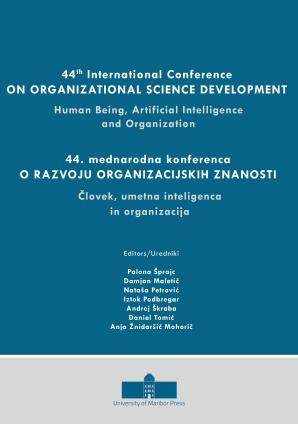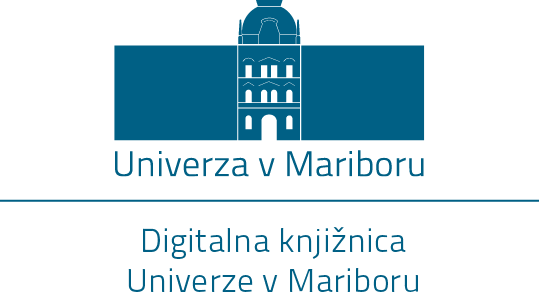The Impact of Work Models on Organizational Commitment
Kratka vsebina
The aim of this study is to investigate the impact of work models on employees’ organizational commitment. The data is collected from a sample of 71 participants across Kosovo regions, including respondents from other countries as well. The results of study's research is showing, that at least one of the Organizational Commitment (OC) items exhibits a significant difference across groups , with the empirical results supporting all four study hypotheses. Therefore, for H1, the study indicated a statistically significant difference in the second Item of OC which is emotional attachment to the organization, between On-Site and Hybrid groups. For H2, the study also indicated a significant difference in emotional attachment between Flexible and Pre-Determined groups. For H3, the hypothesis was confirmed with the finding that Age is the only demographic factor showing a significant difference in general OC among its groups. For the last hypothesis, H4, the study shows statistically significant differences in two demographic factors: 1. Gender: a significant difference was found in the item: “I don’t feel connected to the team and leadership while working remotely” and 2. Civil Status: A significant difference was found in the item: “My hybrid work model has increased my engagement with organizational goals”.







